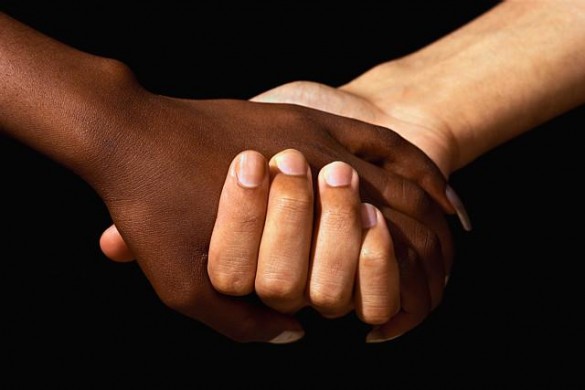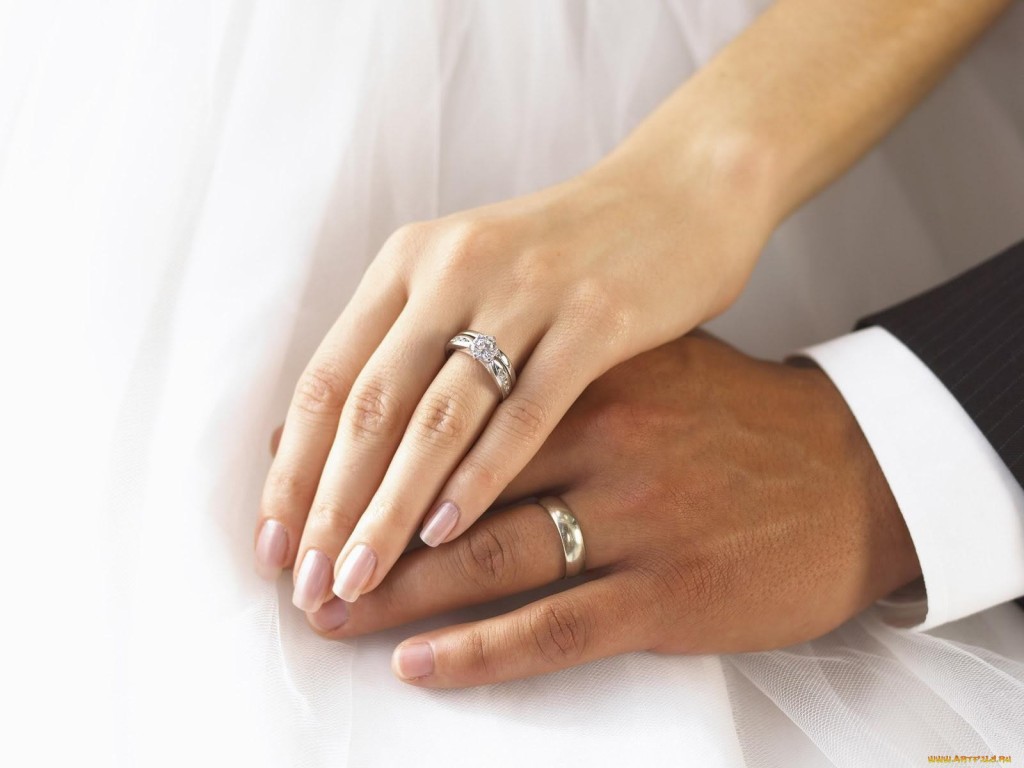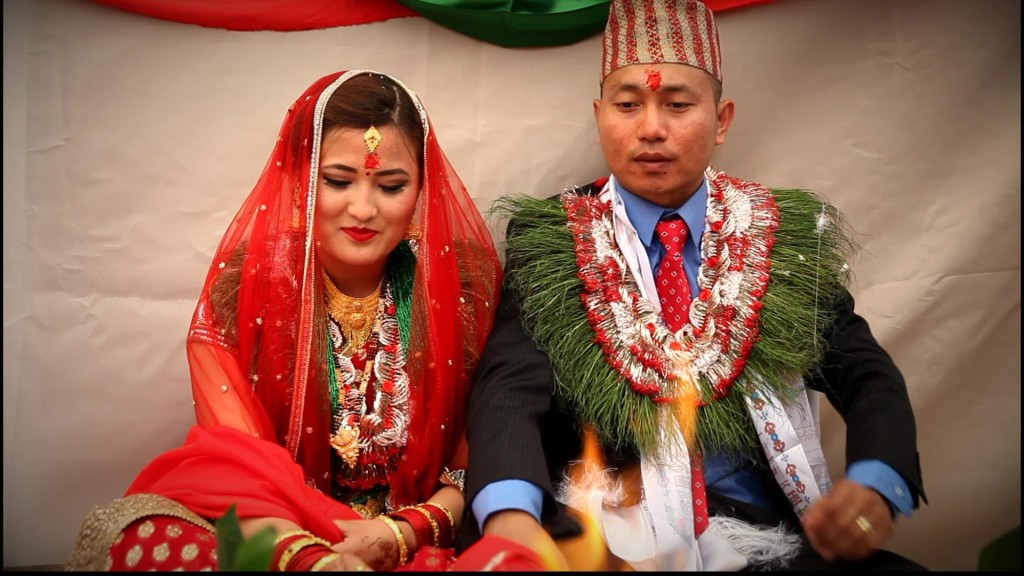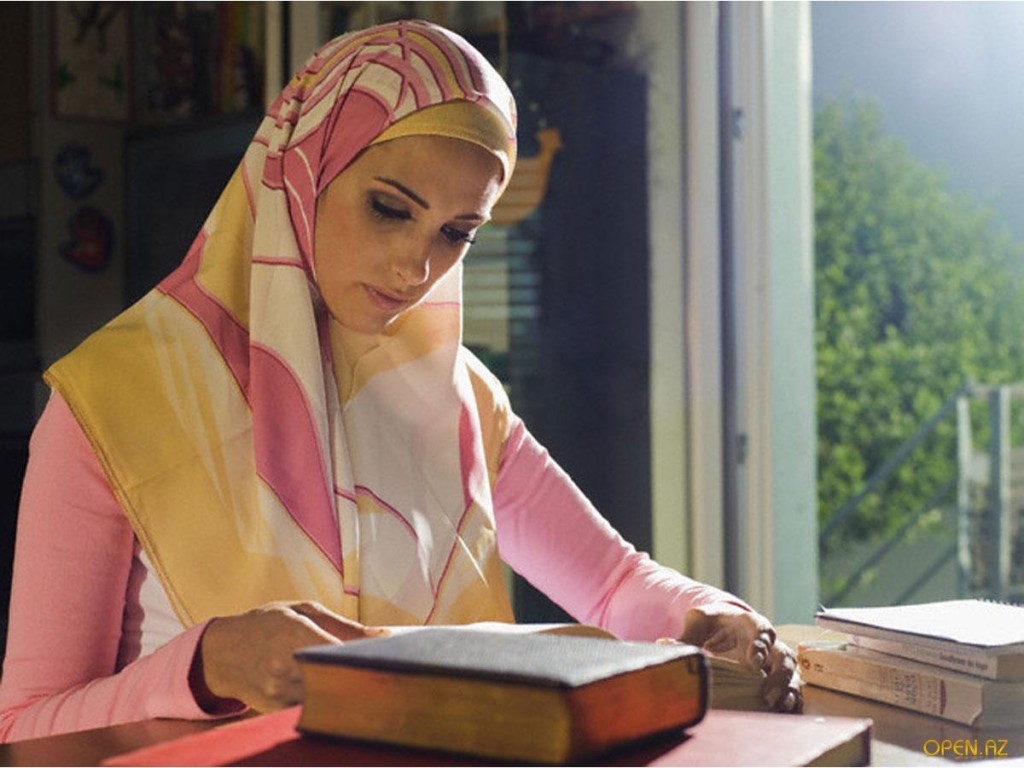Love Across Borders: Do ‘Mixed’ Relationships Work?
1,455 views / 11 Oct 2015
In the modern world, travel has become an essential part of our lives and gave us an opportunity to establish contacts with people from other countries, find new friends, and sometimes our love. Our team interviewed several people and experts in sociology to learn what it is like to date a person of another nationality or culture.
By Anastasia Fistashka
‘Mixed’ relationships are not a new phenomenon in the modern world. But chances to find a soulmate of other nationality or religion have increased in the time of globalization, when travel has become an essential part of human life. Thousands of people move from one place to another for conferences and business meetings, study and holidays. The development of international travel and high mobility of populations has given individuals an opportunity to establish contacts with people from all around the world, find new friends and, sometimes, their love.
Relationships between people of different nationalities are full of romanticism and adventure. They can often help to satisfy a human desire for something new: learn about other cultures, traditions, and aspects of everyday life. But the ‘other side of the coin’ appears as a relationship grows closer and develops in a more serious way. Reactions of family, traditions, cultural differences or even legal problems can become serious obstacles requiring efforts from both partners to make their relationship work.
Moving to another country
Difficulties first appear when one of the partners has to take a decisive step – to move to another country.
Julia, 25, from Russia moved to Germany about a year ago to live with her husband Michael, 28. Julia and Michael met on holidays in Egypt and quickly fell in love with each other. “We were playing volleyball and I hit him with a ball right in the face. That was funny!” the young woman tells her story.
The couple had a long-distance relationship for 2 years and married in 2013. But even after being the husband and wife, they had to live separately for about a year as they faced visa and other legal documentation issues. “My visits to Germany were always a problem. I was here only twice as a tourist so to say before I moved here. My husband came more often, a couple of times a year,” Julia says. “When getting my family reunion visa I had to provide so many papers that I actually brought too much, because I was scared to be refused. I had also to describe our love story!” the young woman added.
The number of people, living in a binational marriage in Germany was about 16 million or 19.5 percent of the population in 2011, according to the Federal Statistical Office of Germany. But despite the apparent prevalence of such marriages and the government’s tolerant attitude towards newcomers, bureaucracy remains a major problem for couples seeking to reunite.
“We see very strong legal barriers, when one of the partners comes from a third country. It, for instance, concerns requirements for the marriage documents. But it is also difficult [for the couple] to live unmarried, if the partner from the third country has no residence permit,” representative of German Association for Binational Marriages, Hiltrud Stöcker-Zafari, explains.
Language barriers and totally different ways of life were among other aspects that Julia found difficult for her relationship. She did not speak German and her husband’s English was so poor that they could hardly communicate. After two years of learning she made a lot of progress and can now speak fluent German. But having spent her entire life in Moscow, she still has not gotten used to living in a small town.
“When I had to wait for a bus for 30-40 min I was furious! Or it was annoying that I can’t go shopping on Sunday. Or that no one cleans my street when it’s snowing. But I am getting used to all this little things,” Julia says. She also adds that some of her friends and neighbors could not understand her choice. “They called me traitor that I wanted to leave, but I did it and I do not regret it. Rejecting the person you love just because he comes from another country is not logical,” Julia thinks.
Family’s approval and reaction of society
Disapproval from friends, family members or society is quite a common obstacle for a ‘mixed’ couple. In some countries reluctance about relationships with foreigners is especially apparent, as people only accept marriages within an ‘appropriate’ community or class.
“We have high class people and low class people that are categorized with their surnames or cast. People are often not allowed to marry between high and low castes,” says Santosh, 25, from Nepal.
Caste system is the basis of the entire social life in Nepal. It determines a person’s status, behavior and social duties. Inter-caste marriage is almost impossible as it is considered a social disgrace, particularly when it occurs between two castes at the opposite ends of the social order.
Foreigners are rarely taken into account as life partners. For a long time “they were like a totally different world to people from my country,” Santosh says, adding that his compatriots could not even imagine marring someone from abroad. “Parents and society want their children to marry with the same class and same culture,” the young man explains.
However, Santosh who is currently residing in Europe and has been dating a Finnish girl for one and a half year thinks that the situation is gradually changing and people in Nepal have become more open to the outside world.
“When I was a kid my parents wanted me to marry a girl of the same class, but now they are happy with what I choose,” Santosh said, adding that he and his girlfriend take their cultural differences very easily and are planning to create their own family in the future.
Different backgrounds
Relatives’ attitude towards a ‘mixed’ relationship also seems to depend on the family’s background.
Lilia’s parents reacted to her relationship in a “very relaxed” manner. Lilia, 25, comes from Suriname in Latin America and has been dating a German guy for about 6 months. Her father is Surinamese, while her mother is Ukrainian. Her parents met in Odessa in the 1980s, where her father came to study after receiving a Soviet Embassy’s scholarship.
“My father was black colored (he has Indian roots), while my mother was totally white. He could not walk holding her hand, otherwise the Ukrainian guys would beat him up. They had to walk on opposite sides of the street,” Lilia said, adding that her grandfather was opposed to their parents’ relationship as well.
At that time, mixed marriages were a very rare practice in the Soviet Union and caused disapproval. “It took my father a long time to convince my grandfather that he was good enough,” Lilia says. Even after 5 years of their relationship, when her parents finally got married, her grandfather was still not very comfortable with his daughter’s choice.
Such an experience, as well as the social multiculturalism of Suriname helped her parents to be very open-minded and tolerant towards various cultures. However, her boyfriend’s parents took a more cautious stance on their relationship. “They were very polite and tried to be friendly, but at the same time kept their distance,” Lilia says. She thinks that his family apparently needs more time to accept a foreigner and hopes that in the future things will change to the best.
Traditions and Religion
In general, people’s opinions tend to change, even though it can require a lot of time and effort. The contrary is the case of religion and traditions as they not only determine the social behavior of a certain community for centuries, but are also deeply embedded in a human mind.
Elena, 27, from Russia thinks that cultural differences between people of various religions are very strong. The young woman dated a Turkish man, whose family strictly opposed marriages outside of Islam. She says that Muslim men are used to play a leading role in the family and society, while women rather stay on the sidelines.
“You are always on the third place. Family and friends rank first, job takes the second place, and you get the bronze,” Elena says, adding that a Muslim man often depends on the reaction of society and lets his relatives push himself around.
Interfaith relationships have many challenges to face. Couples have to cope with prejudices and find a compromise on various aspects concerning behavior, distribution of family roles and faith-related issues ranging from how they are going to raise their children to what clothes they are expected to wear. Sometimes, traditions can be shocking and unusual for one of the partners.
“When women in your boyfriend’s country cover their head or wear long clothes, he will beg, recommend, or even force you to do the same,” Elena complaints. “It is also scary that he can have three wives apart from you. Now it is rare, but it happens. A Muslim considers it quite normal that he can spend one night with you and the next evening with another wife. Even talking about such things can drive me crazy,” Elena says.
Readiness to compromise
Of course, relationships between people of the same culture or religion are much easier. Such couples don’t have to negotiate cultural boundaries or solve other accompanying problems.
“A similar cultural background would not harm. It certainly would reduce the complexity of everyday life,” says Jan F.C. Gellermann, research fellow from Germany’s Center of Planning and Evaluation of Social Services at the University of Siegen. “Imagine marriage between a Muslim and a Christian. Muslims do not eat pork. If a Christian does not take it into account, even a dinner can sometimes turn into a cultural struggle.”
The example was not meant to be serious, but it shows that ‘mixed’ couples have to face many difficulties, which may lead to conflicts and misunderstandings. Nevertheless, cultural boundaries can be overcome if partners try to find a compromise and take into account each other’s views. What really creates the problem is the lack of communication. But this concerns not only a ‘mixed’ couple, but everyone who wants to make a relationship work.
POST A COMMENT
Your email address will not be published. Required fields are marked *





comments (0)
Write a comment share your opinions with others.